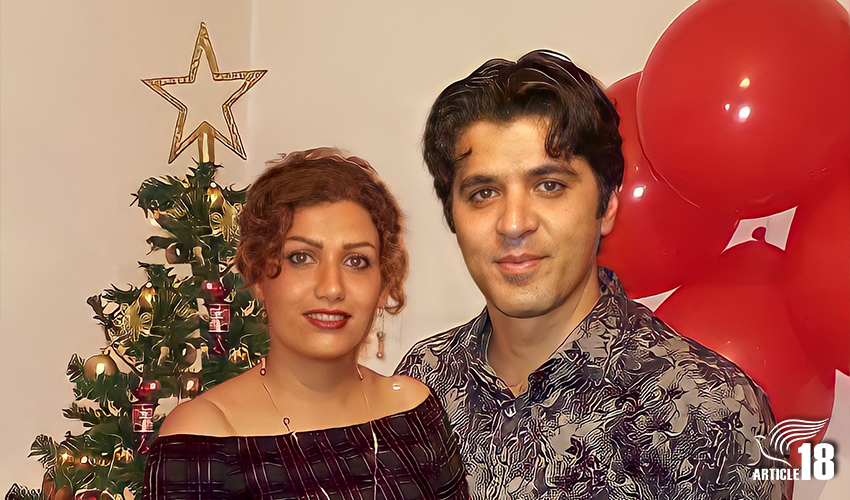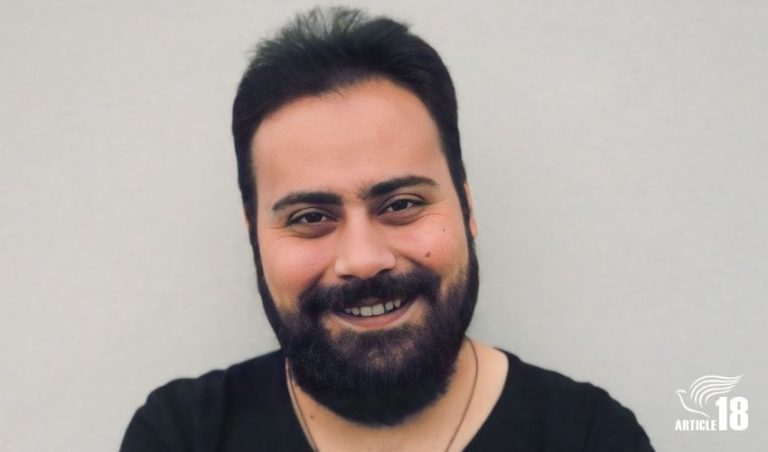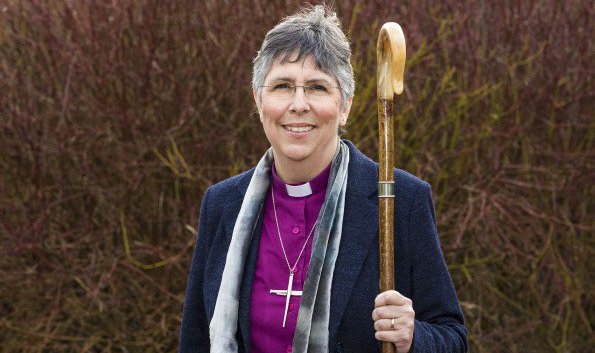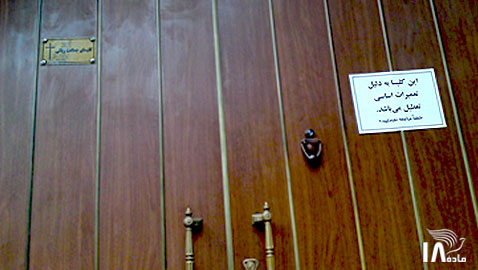
It was Marjan and Mani’s eight-year-old daughter, Dina, who opened the door when their home was raided by intelligence agents in November 2015, an event that changed all their lives forever.
The family fled the country just four months later, and now, like so many other Iranian Christian families, live in Turkey, where they await resettlement to a safe country.
And beyond the challenges and uncertainties of life as asylum-seekers in a foreign land, the traumatic after-effects of that raid continue for each family member, and especially the two girls.
“My youngest child [Parna] is now eight years old, but because of her fears related to my arrest that day, she still visibly suffers from the impact of those events,” Mani says.
Marjan adds: “Ten days after my husband’s arrest, she missed her father and I’d told her that he was in hospital. For three days she had a severe fever and every time I wanted to go out she would say: ‘Mum, you want to go to the hospital like Daddy and never come back!’”
Meanwhile, the couple’s elder daughter, Dina, was so distressed that she had to be taken out of school.
“Since I had paid the school fees for that term, I didn’t take her immediately out of school,” Marjan says, “but because of her deteriorating mental health she wasnot able to finish the school year.”
And as with so many others, it is clear the only reason for Mani’s arrest, detention – he was held for 13 days, including 12 in solitary confinement – and subsequent one-year prison sentence was that he and Marjan had become Christians and joined a house-church.
The official charges against him were: “actions against the security of the regime, propaganda against the regime, and smuggling illegal goods”.
So what were the illegal goods?
“They had confiscated Bibles and many other Christian books from our home, so they saw me as a ‘smuggler’, belonging to ‘Evangelical Christianity’,” Mani explains, “and the Bibles were the illegal goods.”
And once more, as with so many others, it was clear from the outset that the intelligence agents only had one thing in mind: to pressure Mani and Marjan to either leave Christianity, or Iran.
“Once the interrogator told us: ‘You either have to revert to Islam or you don’t have the right to live in Iran’,” says Marjan, who was also interrogated and threatened after her husband’s release.
“I’m sure that they were keeping us under surveillance and putting pressure on us so we would leave Iran.”
Their final decision to leave came after their pastor, who had also been arrested and spent more than two months in solitary confinement, told them they could no longer continue to serve in house-churches.
“He told us that he couldn’t tell anyone to leave the country or to stay,” Marjan recalls, “but that we couldn’t continue to serve in house-churches in Iran. He said that if we visited other Christians, we could get into more trouble and maybe end up back in jail, and that we’d also be putting others in danger.”
And so, on 3 March 2016, Marjan, Mani and their daughters fled Iran, and now live in central Turkey.
But Mani says: “We are not here out of choice. We are far from our family and country. During our first days in Turkey, it was like we were deaf and dumb; we didn’t even know one word of Turkish. We also didn’t have much money.
“We don’t have a fixed job. Any employer can easily sack us. The working hours in this country are very long. The salaries are very low, and sometimes they don’t even pay us and our work is wasted, and we can’t complain to anyone.”
Marjan adds: “Everybody at my elder daughter’s school knows she is a Christian. The teacher deliberately denigrates Christianity, for example saying that Christians worship three Gods! All the other children look at my daughter with disdain. ‘I have to keep my head down,’ my daughter says. This kind of treatment is devastating for her.”
Meanwhile, Marjan says that while the UN’s asylum agency in Turkey, ASAM, has promised psychotherapy sessions for the girls, “that was two years ago, and they haven’t done anything”.
You can read Marjan and Mani’s full Witness Statement here.



0 Comments
Trackbacks/Pingbacks